The US Shouldn’t Interfere While Putin Loses in Ukraine
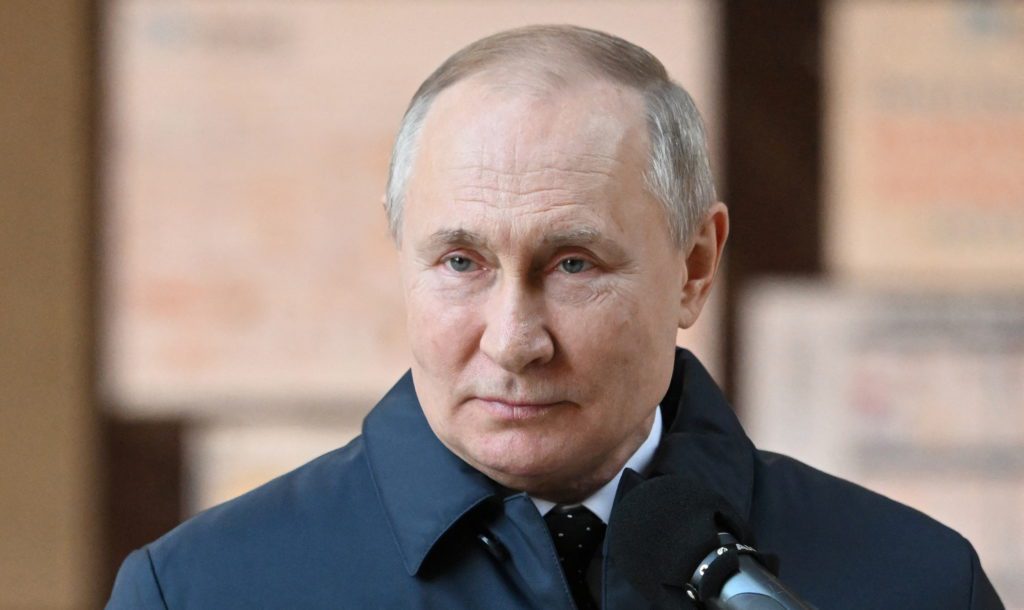
He has behaved as if he’s blind to the true stakes and likely consequences of the conflict he sought.
By Mark Hannah, Senior Fellow
This article appeared in the Wall Street Journal on February 28, 2022.
In his speech announcing the invasion of Ukraine, Vladimir Putin referenced the United Nations charter, praised “the high values of human rights and freedoms,” and claimed his war represents the only “opportunity to protect Russia and our people.” This from a man regarded by many American commentators as an archrealist who makes hardheaded observations about the world as it is and cunningly employs power to reshape it according to Russia’s interests. In Mike Pompeo’s appraisal, the Russian president is a “very talented statesman” and “very shrewd.”
In reality, Mr. Putin’s latest war of aggression is motivated by a toxic mix of nostalgia and fantasy that seems likely to prove self-destructive. Mr. Putin has so far behaved like a man blind to the true stakes and probable consequences of this conflict. And the U.S., which is currently recovering from its own bout of military overreach, has the opportunity to revive a spirit of clear-eyed pragmatism that has been absent from major national security decisions in recent decades. If Mr. Putin’s actions are driven by an exaggerated view of his country’s power—and its insecurity—President Biden’s response must continue to be informed by a realistic appraisal of the ways the U.S. can (and can’t) defend its security interests and help the Ukrainian people.
This might seem like common sense, but not everyone sees it that way. Hillary Clinton recently called the war in Ukraine a “flash point in a larger global struggle between democracy and autocracy.” It is tempting to frame conflicts like these as existential struggles between competing political philosophies. Americans will—and should—always root for democracy. But reducing complex, distant conflicts to simplistic binaries obscures the actual grievances and motivations of hostile actors.
The notion that Mr. Putin’s invasion poses a threat not only to Ukrainian sovereignty but to “global democracy” or freedom itself leads some to propose extraordinary responses. Evelyn N. Farkas, who served as deputy assistant secretary of defense for Russia, Ukraine and Eurasia in the Obama administration, has called for an international coalition to enforce a no-fly zone over Ukraine. So far, the Biden administration has prudently ignored this and other such options, recognizing that America’s interests in Ukraine don’t justify risking war with a nuclear-armed Russia. Eliot Cohen has proposed that the U.S. should arm a hypothetical Ukrainian insurgency—which the Biden administration has reportedly considered—to raise the costs for Russia and deter other nations that might be considering malign activities. But Ukraine is a flat country unsuited to guerrilla warfare. Backing an insurgency could ignite a wider conflict between the U.S. and Russia, and increase the violence inflicted on Ukrainian civilians.
Read more of Mark’s article in the Wall Street Journal.

Written by Mark Hannah
Mark is a senior fellow with the Independent America project at the Institute for Global Affairs and host of the podcast, None Of The Above.
Read more from Mark
This post is part of Independent America, a research program led out by Jonathan Guyer, which seeks to explore how US foreign policy could better be tailored to new global realities and to the preferences of American voters.



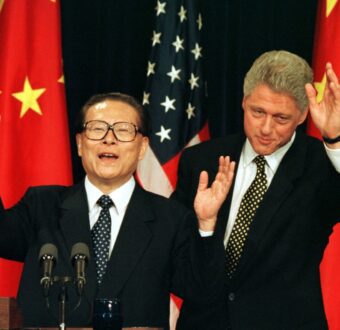
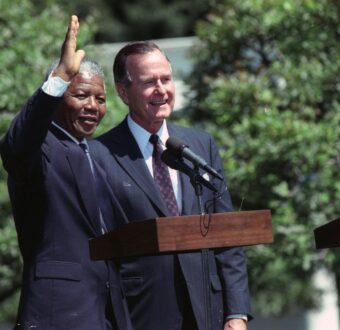
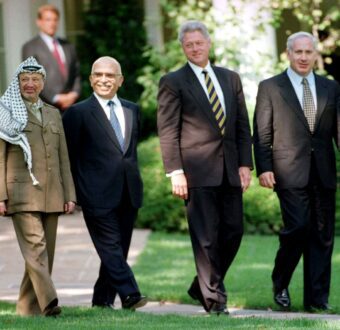
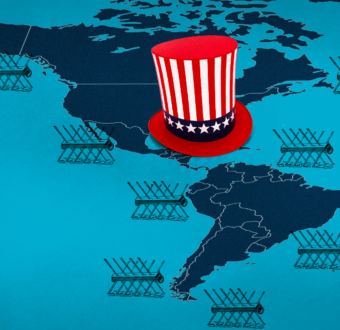




The UN Doesn’t Get Credit for the Lives It Saves